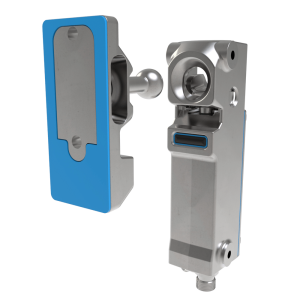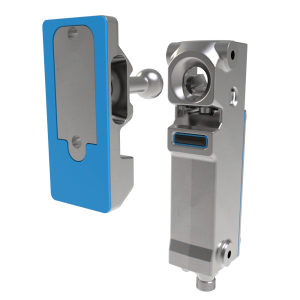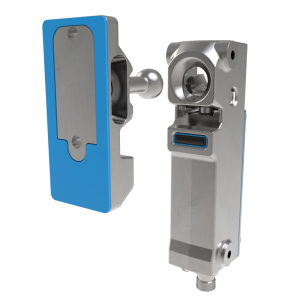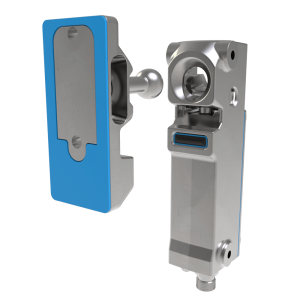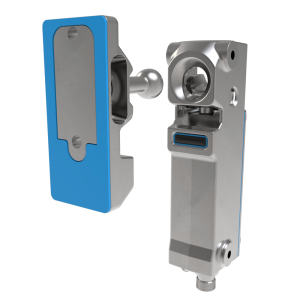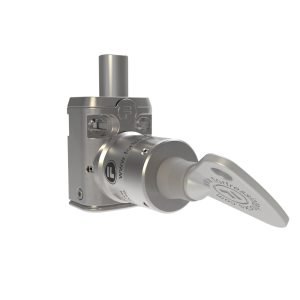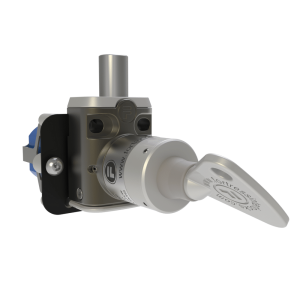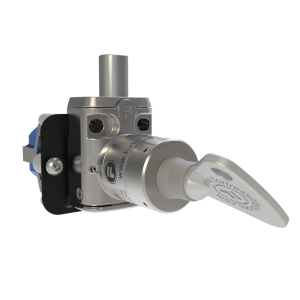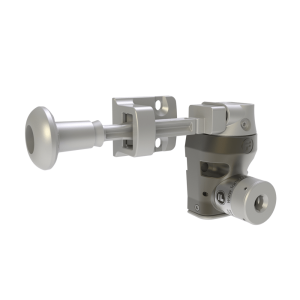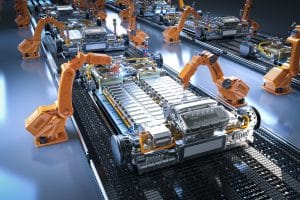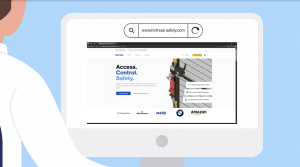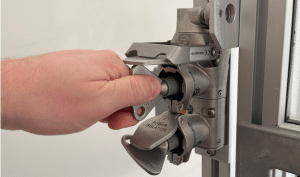Food & Beverage
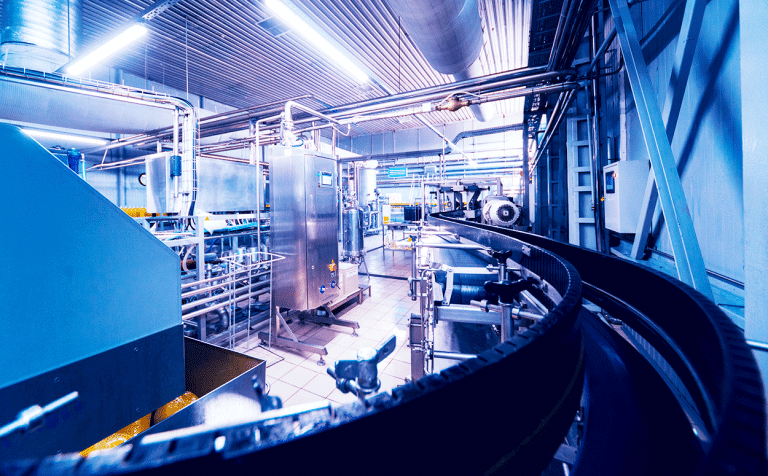
Hygienic Applications
With IP69 rated and 3-A approved guard locking solutions for washdown environments or for close contact with food.
Stainless Steel Interlocks
Where resistance to corrosion and regular washing is required.
Advanced Safety Features
Coded actuators, safety monitoring, and guard locking to prevent defeat, enhance safety and ensure compliance with standards.
Fully Configurable Products
Design tailored safety solutions to meet the specific requirements of any application.
Minimise Downtime and Replacements
Robust products built to last for decades, even in the most challenging applications and harshest environments.
Global Reach
With offices around the world and a large network of trusted partners, Fortress offers support globally.
Hygienic Applications
With IP69 rated and 3-A approved guard locking solutions for washdown environments or for close contact with food.
Stainless Steel Interlocks
Where resistance to corrosion and regular washing is required.
Advanced Safety Features
Coded actuators, monitoring, and guard locking to minimise the possibility of defeat, reduce risk and ensure compliance with standards.
Fully Configurable Products
Design tailored safety solutions to meet the specific requirements of any application.
Minimise Downtime and Replacements
Robust products built to last for decades, even in the most challenging applications.
Global Reach
With offices around the world and a large network of trusted partners, Fortress offers support globally.
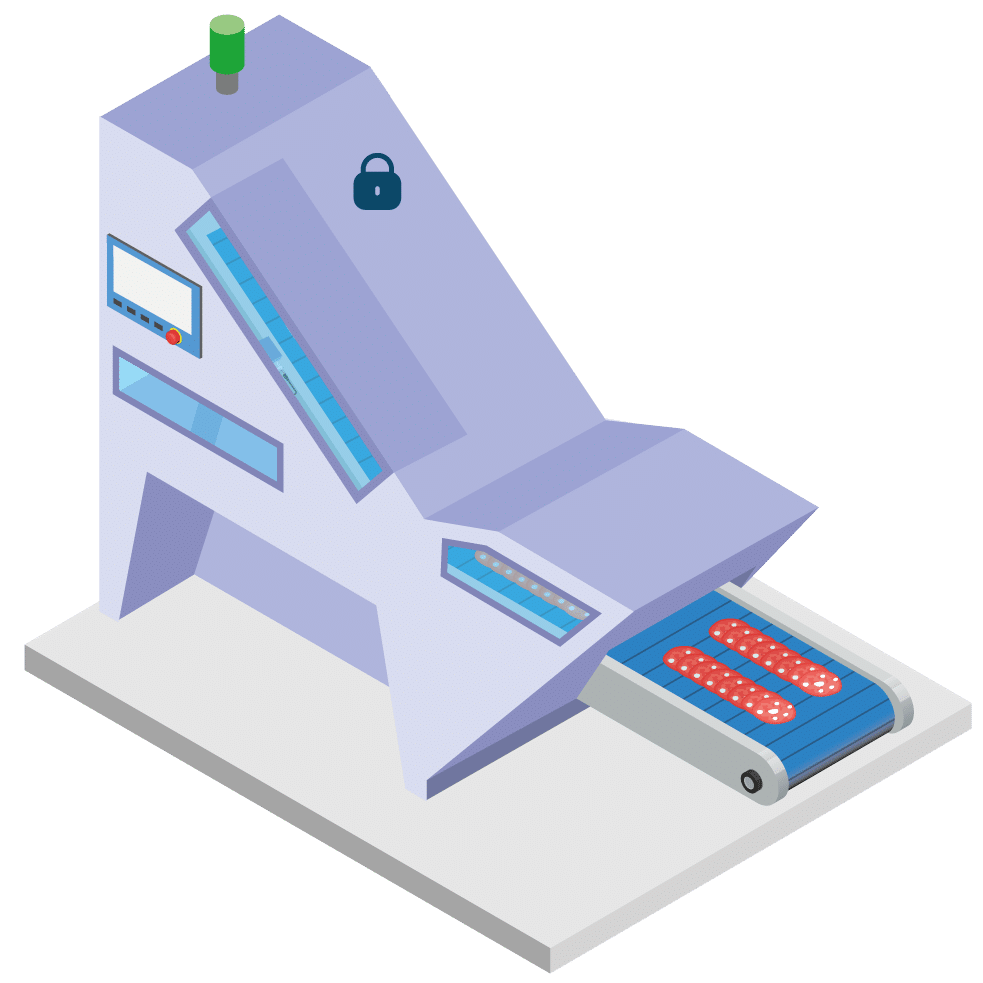
Applications -
Food Slicer
Hygienic Guard Lock on an Automatic Food Slicer
In the food processing industry, machines like automatic food slicers are commonly used to slice a wide variety of products, including meat and cheese. Such machines have hatches that need to stay closed during the process but may need to be opened periodically for scheduled cleaning and maintenance. The Challenge The machine has blades that […]
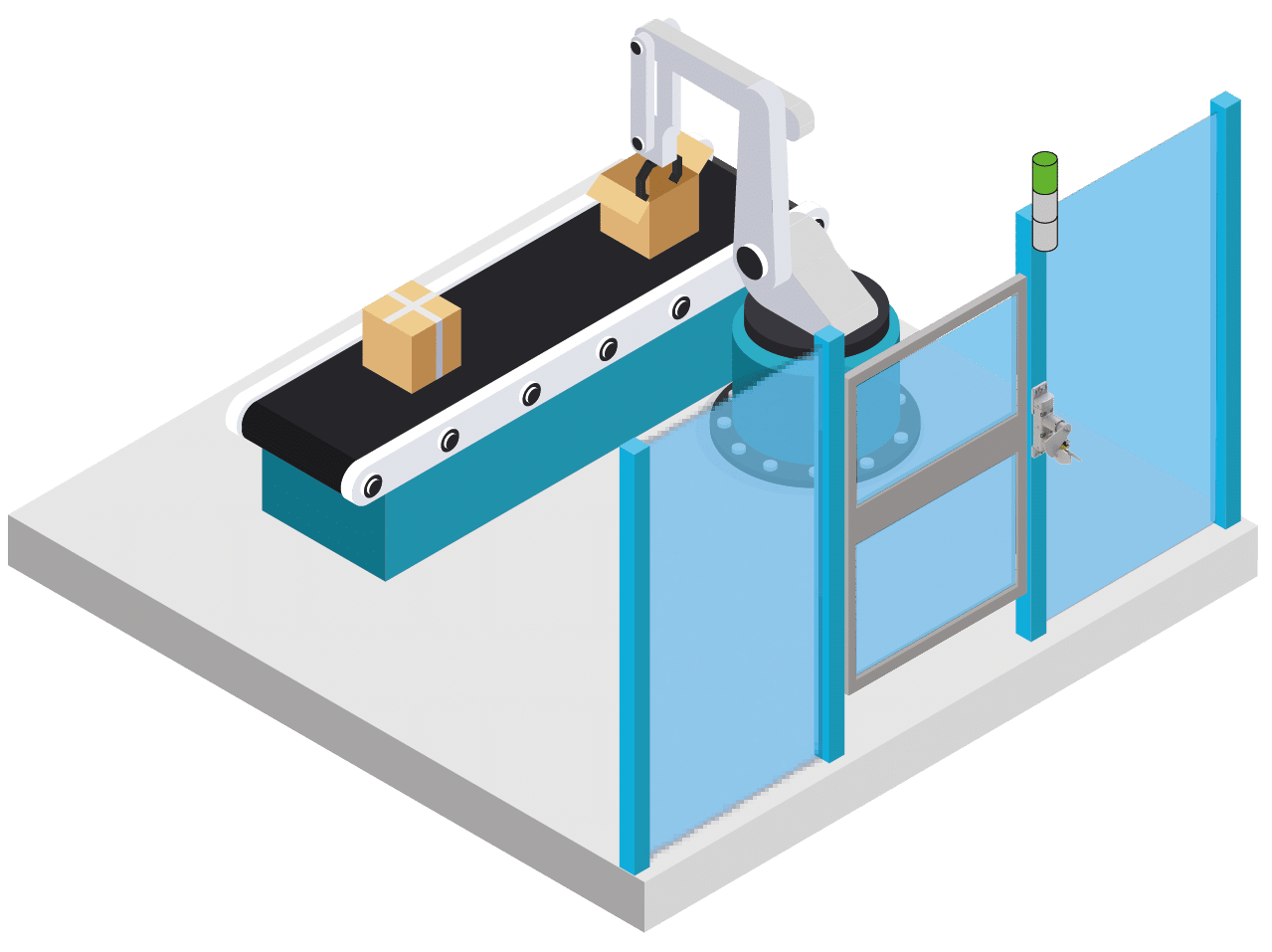
Applications -
Robot Stacking
Interlock Blocking for a Robotic Stacking Cell
The customer is a global leader in contact lenses. As part of the production process, robots pick and stack boxes containing contact lenses before they are sent off for packaging. The Challenge The guard that allows access to the area where the robot operates features a sensor that indicates whether it is open or closed. […]
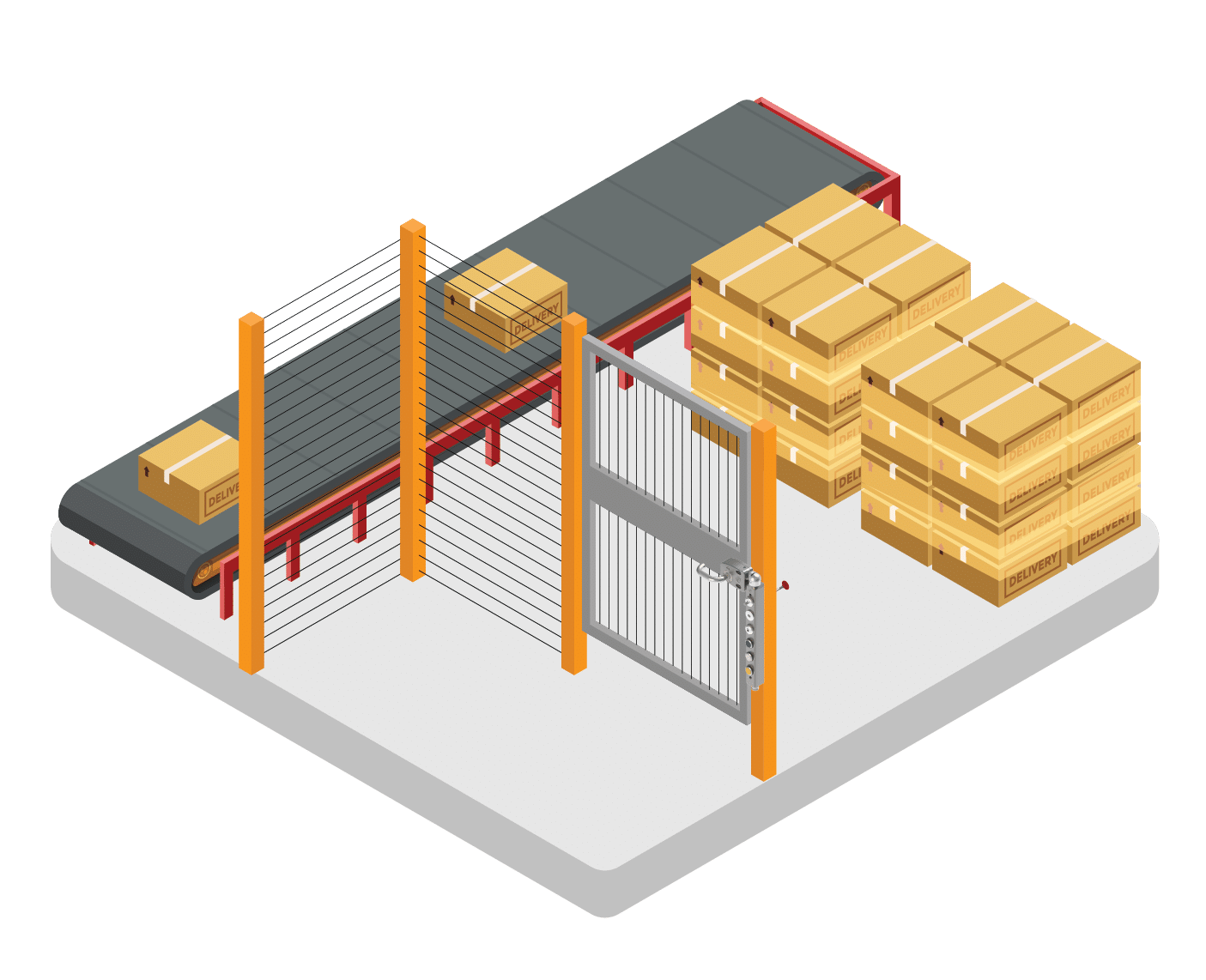
Applications -
Mixer
Conveyor System
Conveyor systems in automated warehouses efficiently transport goods throughout the facility, reducing manual labour and increasing speed. They often integrate with other automation technologies to streamline operations from receiving to order fulfilment. In some circumstances, conveyor systems may be safeguarded by interlocked guards to prevent personnel exposure to potential hazards. The Challenge Personnel may need […]
Get started on your custom solution
Case Study -
Opex
EtherCAT-Enabled Safety Solutions in Warehouse Automation
Fortress offered devices for aisle access and remote safety I/O capability through devices able to communicate over EtherCAT. Three types of units from the amGardpro range were provided, allowing for aisle access, side access, and remote I/O respectively.
Products Used
amGardpro
The Outcome
Tailored ASRS safety with EtherCAT integration—fast to deploy, easy to operate, and built to scale.
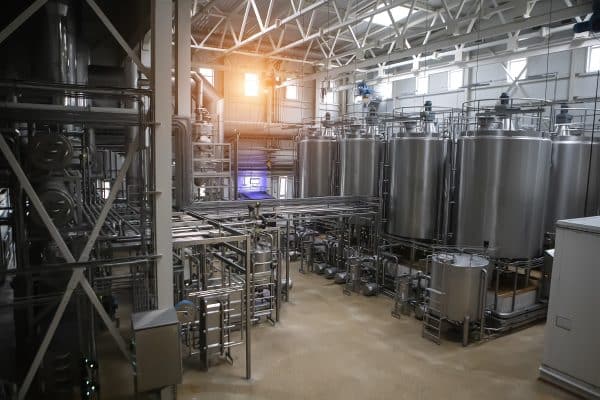

Who are Coca-Cola?
The Coca-Cola Company is a multinational corporation that manufactures and sells beverages.
Case Study - Coca Cola
Enhancing machinery safety at bottling sites
The beverage production industry faces intricate safety challenges, with machinery safety being one of the critical aspects. Several machinery-related injuries in drink production factories are caused by applications involving conveyors, bottling machines, packaging machines, and palletisers.
Products Used
amGardpro, mGard, Osbourn
Partners Involved
Deebar, South Africa
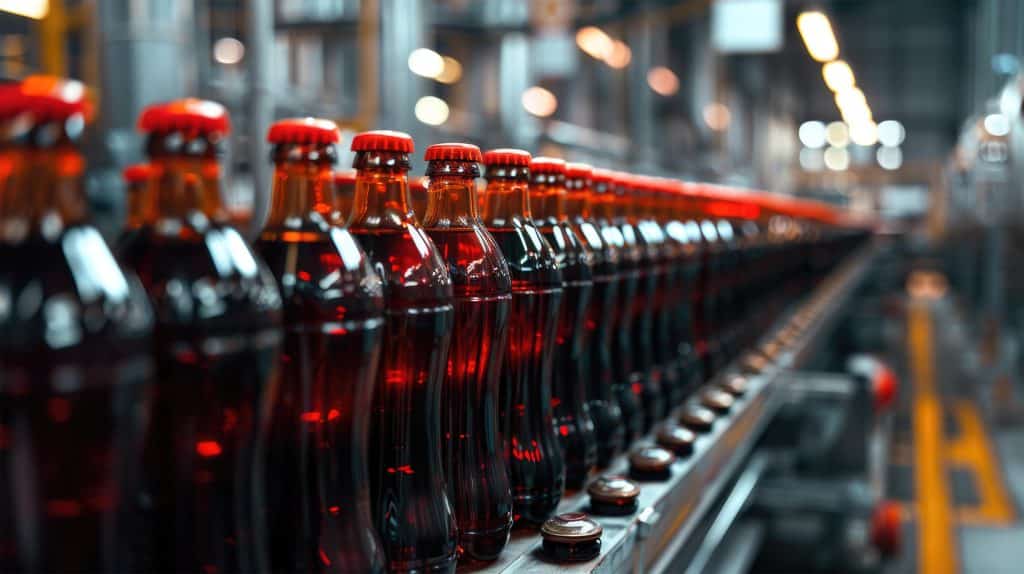

Who are Coca-Cola?
The Coca-Cola Company is a multinational corporation that manufactures and sells beverages.
Recommended Product Range
HGL
The Hygienic Guard Lock (HGL) is a 3-A approved hygienic interlock with stainless steel construction and FDA food contact compliant silicon seals. Designed for washdown and for situations where hygiene and good sanitation are critical.
Certified food-safe design
Corrosion-resistant stainless steel
Cleaning made easy
Suitable for small access points
Recommended Product Range
mGard
Mechanical trapped key interlocks designed to enforce specific key sequences, particularly in applications involving multiple energy sources. Cost-effective, easy to install and maintain, with stainless steel variants available
Stainless steel options
Enforce sequences
Minimise machine downtime
No need for wiring
News & Insights
- Event
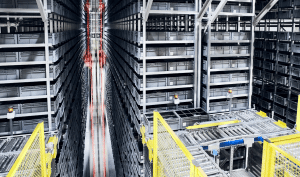

Not sure where to start? We’re here to help
Our dedicated team of experts are here to help create the right solution for you. They can analyse your industry and specific application needs to offer recommendations on how Fortress products could benefit your setup.
